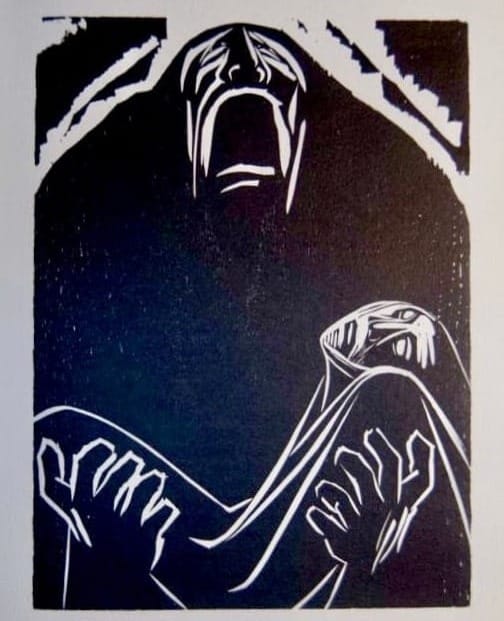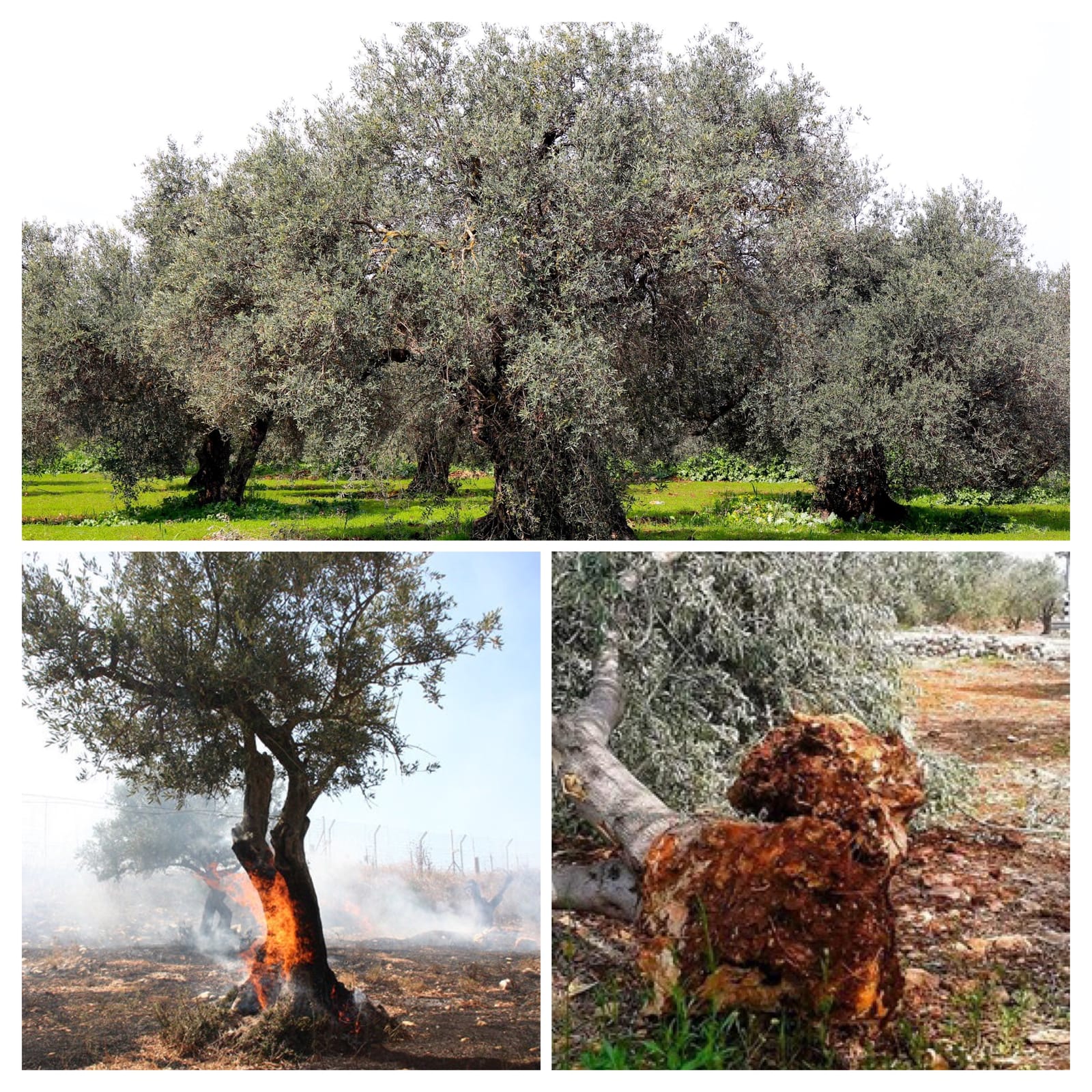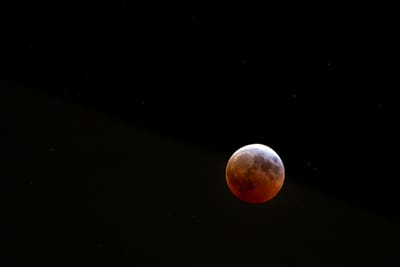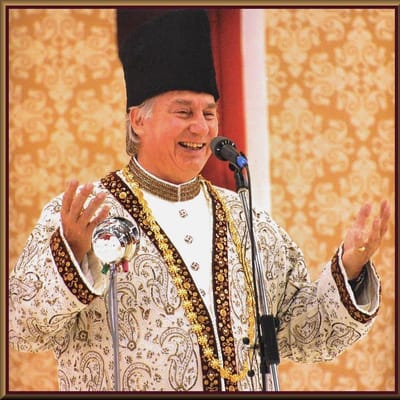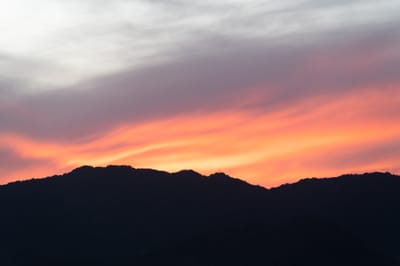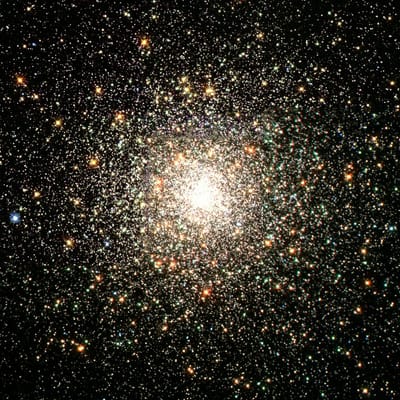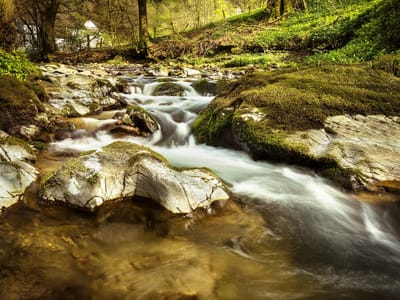Luke 18:11-13
Jeremiah 7:5-7
A Modern Pharisee Opines
on Foreign Policy
“All this is temporary,” he pronounced,
gesturing he would brook no denial,
dismissing our frail world immersed in time,
with all its loveliness and dismal cares.
“Why weep, why brood on distant massacres?
Atrocities thrive in the brazen stem
of human nature. Better just to kneel
in thanks: guiltless of what others incite.”
Not Yet:
An Anthem of Deferral
(1971-2022)
“...as soon as the picture becomes clear.”
The time will come. To care, to grieve... Later,
when at last we are prepared to confront
the pain that lies beyond our busy lives
so fraught with fun, with worries, dilemmas,
complexions as spotless as an android.
The moment is not ripe to speak of dread
elsewhere, to wince and weep over the limbs
of children turned to gore, skulls and vulvas
ripped and minced, mosques demolished, churches rent.
One day we’ll find time to let fall a tear.
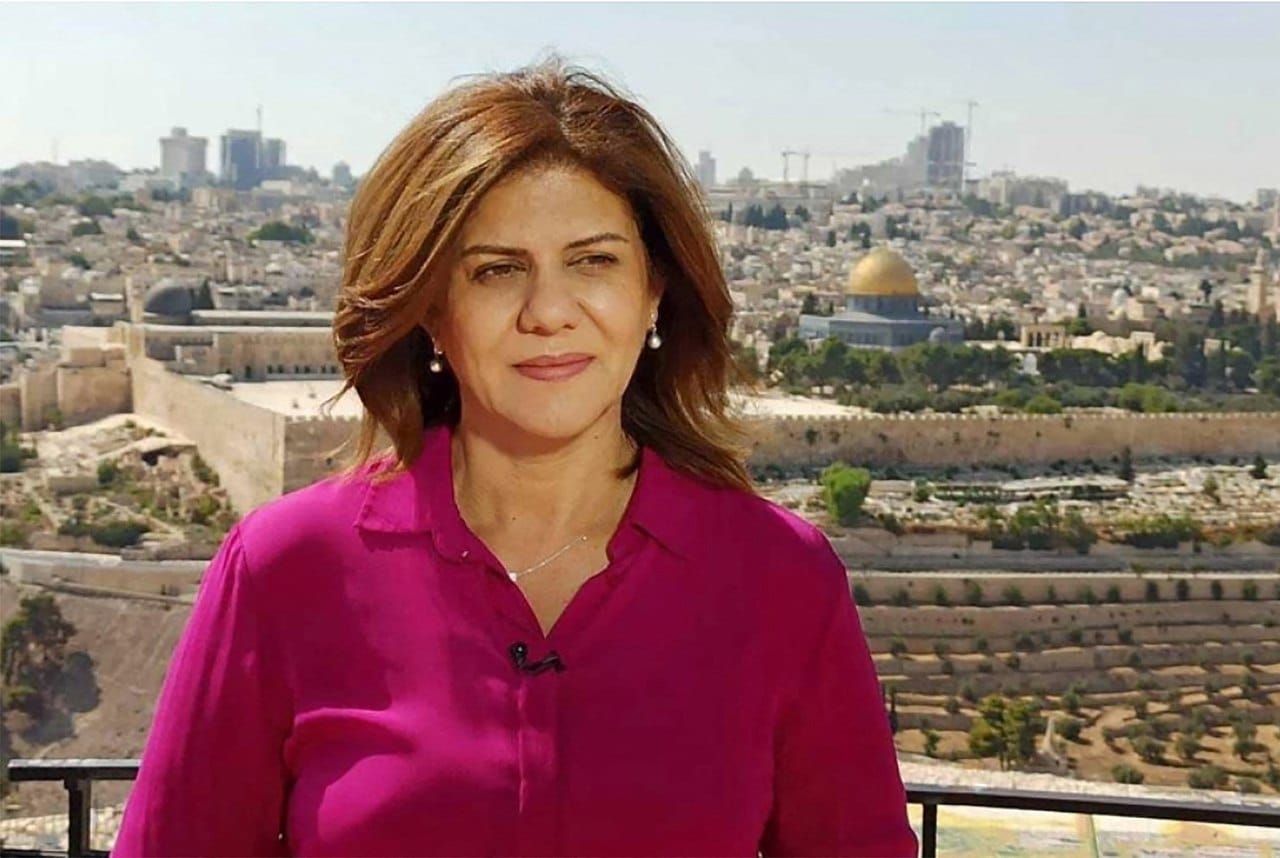
Holiday Season
(2024/5)
“...we have searched for God
and found him under the rubble...
among the refugees...”
*
“...not one village, not one tribe
should be let off...
Is not now the time to get rid of them?”
—Joseph Weitz, 1940...1947
This week in London a group of women
—Jews and Muslims, four nuns and a vicar,
mothers with children—gathered to commune,
sing carols for peace in Parliament Square.
Police demanded they disperse at once
lest their solemn presence provoke unrest.
One officer sought to exude kindness,
naming some law whose text he failed to cite.
This morning, thirty Palestinians
were slaughtered; six children froze in their sleep.
But my friends this New Year preferred—no news.
‘Tis the season to let joy envelop
us, to laugh, indulge, forget... or worship,
perhaps—if time remains, after we shop.
Ineffable Epiphany
“I kissed her but she wouldn’t wake up.”
What can we do? What words might we utter
or solace provide? Our lips have gone numb,
our throats ablaze from the horror beheld—
where once Three Wise Kings knelt to honour Christ,
every child has been dubbed a terrorist:
hymned with drones... anointed in their own blood.
Families flee, shrieking the Holy Name,
enshroud the blessing that none might restore.
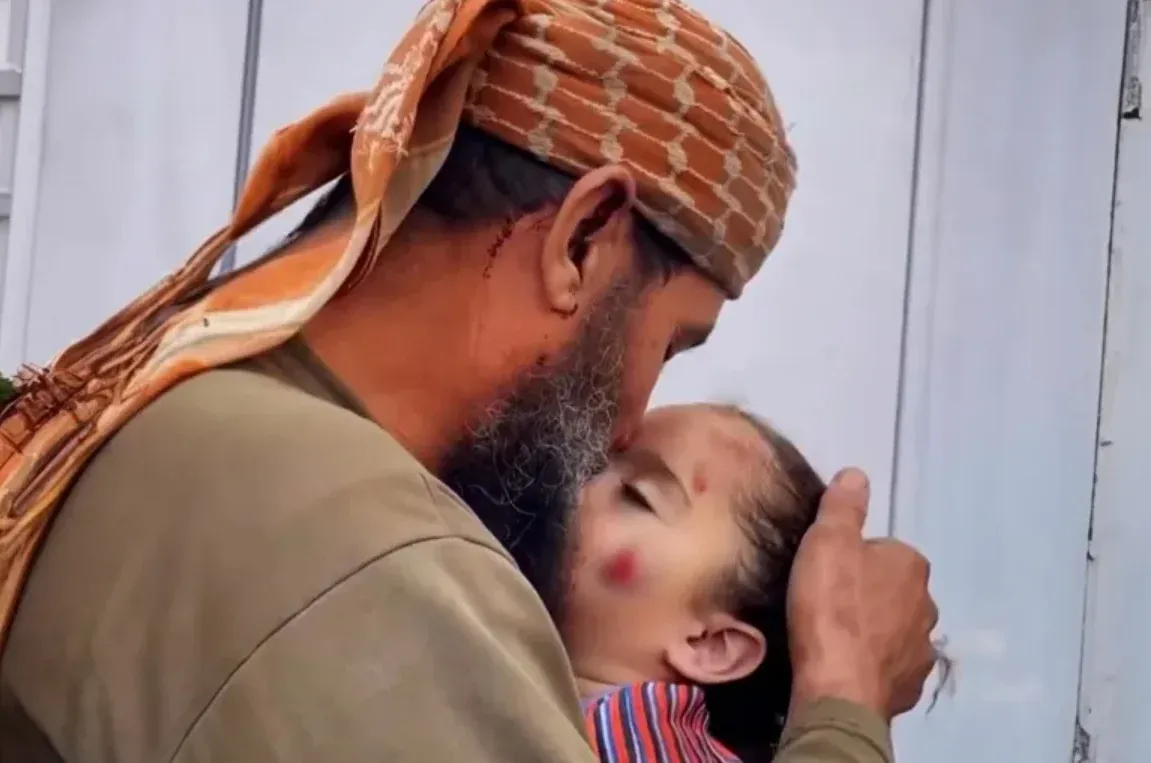
Witnessing
“I wonder if the world knows...”
We cannot turn away. Nor may we shut
our eyes, as Lent and Ramadan align,
demanding we face what we never wished
to behold, and dare not hope to explain.
We make no claim to courage. From afar
we suffer but echoes of ruinous
evils: vengeance masked in righteous fury,
and the fraudulent peace of indifference.
Notes: Not the Eyes, but the Hearts
Epigraphs: Qur’an 22:46 –
Have they not journeyed upon the earth, that they might have hearts by which to understand or ears with which to hear? Truly it is not the eyes that go blind, but it is hearts within breasts that go blind.
Luke 18:11-13 –
The Pharisee standing, prayed thus with himself: O God, I give thee thanks that I am not as the rest of men, extortioners, unjust, adulterers, as also is this publican. I fast twice in a week: I give tithes of all that I possess. And the publican, standing afar off, would not so much as lift up his eyes towards heaven; but struck his breast, saying: O god, be merciful to me a sinner.
Jeremiah 7:5-7 –
For if ye throughly amend your ways and your doings; if ye throughly execute judgment between a man and his neighbour; if ye oppress not the stranger, the fatherless, and the widow, and shed not innocent blood in this place, neither walk after other gods to your hurt: Then will I cause you to dwell in this place, in the land that I gave to your fathers, for ever and ever.
I - A Modern Pharisee Opines on Foreign Policy (form: Octahedron)
Offered in memory of those hundred refugees massacred without warning, during Fajr Salaah (Dawn Prayer) at al-Tabin School shelter, Gaza City, 10 August, 2024, the fifth attack on a school in a single week.
The poem paraphrases ironically an actual conversation. The Pharisees still among us (all of us?) blithely and blindly imagine that our sisters and brothers are “Others” - and that the eternal peace they await in the “other world” was severed from the Here and Now. Yet “if not now, when?” (Hillel the Elder).
II - Not Yet: An Anthem of Deferral (form: Decahedron)
Dedicated to the memory of Shireen Abu Akleh, exemplary Palestinian-American Christian journalist, “accidentally” assassinated by the IDF (Israeli Defense Forces) on 11 May, 2022. The official attempt to suggest that she was caught in cross-fire has been invalidated by ample forensic evidence.
The epigraph is a quote from her last e-mail message, at 6:13 am, minutes before she was murdered.
III - Holiday Season (form: Sonnet)
Epigraph:
Rev. Munther Issac of Bethlehem, Christmas sermon 2023 - excerpt from 11:12-12:16.
In both 2023 and 2024, Lutheran Reverend Isaac cancelled Christmas celebrations, in solidarity between Christian and Muslim Palestinians.
The epigraphs from Yosef Weitz, director of the Jewish National Fund’s Land Settlement Dept., reveal the deep roots of dehumanization that lie at the source of the attempt to justify decades of horror; (1940) Weitz quoted from his own diary and cited by Ben-Gurion in his (1947), in Ilan Pappé, The Ethnic Cleansing of Palestine (Oxford: One World, 2006), pp. 61-2, sourced on p. 270.
IV - Ineffable Epiphany (form: Octahedron)
Epigraph:
Khaled Nabhan, on the death of his granddaughter Reem, age three, whom he called “Ruh al-ruh” (Soul of my Soul). Reem was killed along with her brother Tarek, age five, while asleep in their beds, on 22 November, 2023, during an Israeli air strike on Deir al-Balah.
Nabhan was a beloved figure in Gaza, providing food, clothing and tents from the aid that reached him from around the world. Khaled himself was killed in the Nuseirat refugee camp by an Israeli tank shell, thirteen months after Reem, on 16 December, 2024.
His daughter Maysa, mother of Reem and Tarek, lamented, “He was everything to us. He held this family together.” “He starved himself,” his son Diaa recalled, “to make sure we had enough food.”
V - Witnessing (form: quatrains)
Eid al-fitr, 2025 (29-30 Mar.)
Epigraph:
Lara Elborno, “The Palestinian Man the Media Doesn’t Want You to Know Exists”, which includes her eloquent homage to Khaled Nabhan.
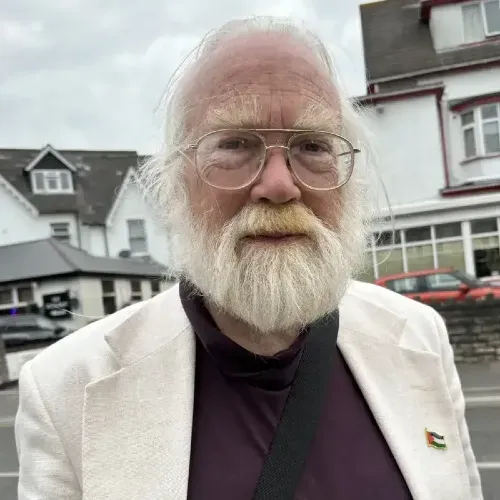
Michael Bradburn Ruster, Ph.D. (UC Berkeley) is a poet and teacher of religion, philosophy and literature. His book The Angel or the Beast (University Press of the South, 1998) explores the interplay of philosophy, mysticism, theology and literature in the Spanish Renaissance. His recent collection of poems, The Shadow of Gabriel’s Wing, was published in 2021.
